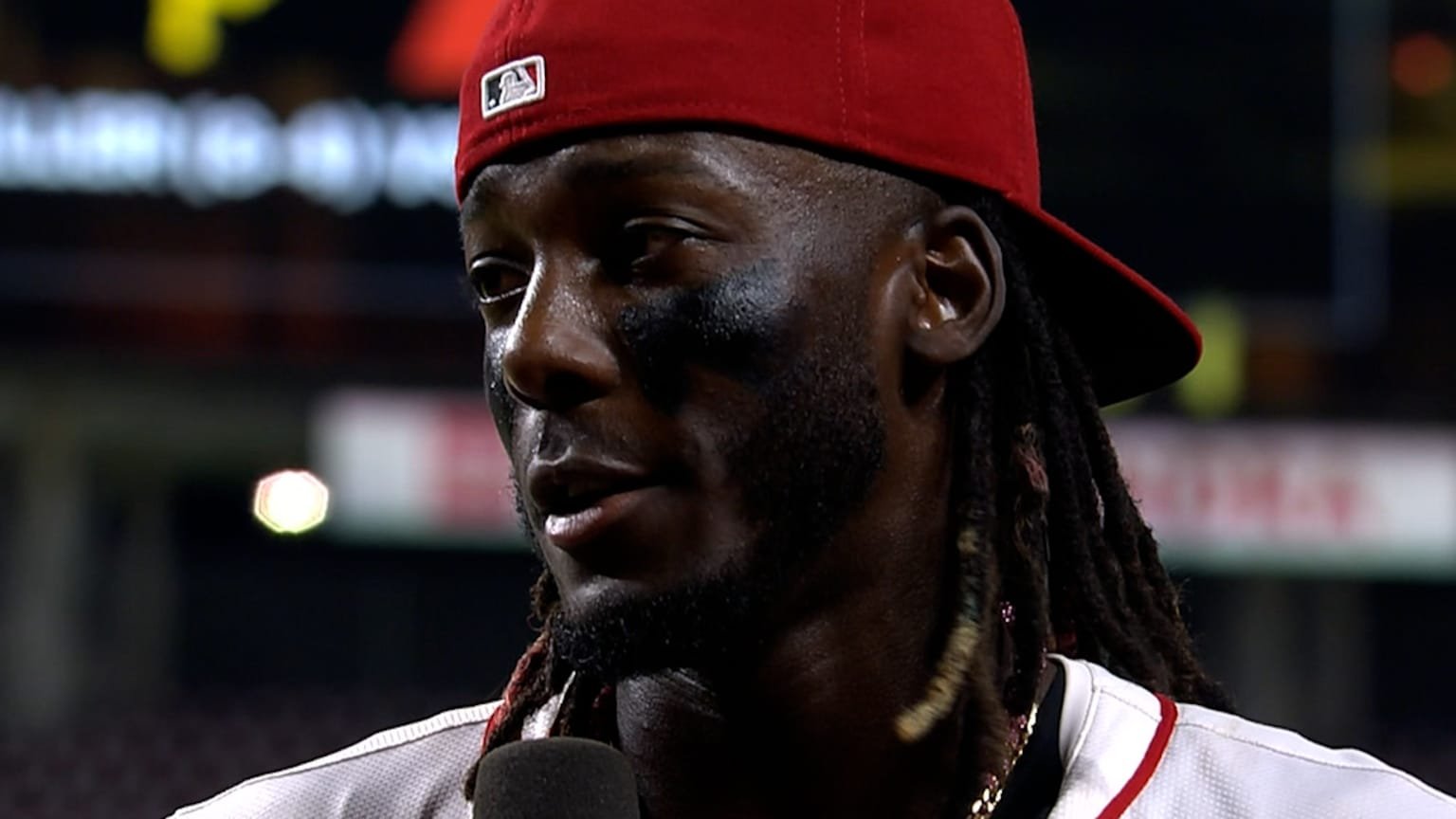
In a move that caught many by surprise, the Chicago White Sox and Milwaukee Brewers executed a straight-up swap on Friday, sending right-handed pitcher Aaron Civale to the South Side in exchange for first baseman Andrew Vaughn. This wasn’t a blockbuster in the same vein as some other recent trades, but it’s a fascinating deal with clear implications for both clubs, reflecting their differing current trajectories and needs.
For the Milwaukee Brewers, this trade is all about opportunity and leveraging a hot hand. Just a day prior, the Brewers had informed Civale he was being moved to the bullpen to make room for dazzling top pitching prospect Jacob Misiorowski, who then proceeded to throw five no-hit innings in his MLB debut. Civale, a veteran who explicitly stated his desire to remain a starter, wasted no time requesting a trade. The Brewers, recognizing his value as a starter and opting to lean into their surging young arms, quickly accommodated.
In return, they get Andrew Vaughn, a former No. 3 overall pick in the 2019 draft who has yet to fully live up to his offensive potential. Vaughn has struggled considerably this season, hitting a meager .189/.218/.314 with just five home runs in 48 games before being optioned to Triple-A Charlotte last month. For Milwaukee, this is a calculated gamble. They acquire a player with significant pedigree and, crucially, two more years of team control via arbitration after this season. While Rhys Hoskins currently holds down first base, he’s a free agent after 2025. The Brewers are hoping a change of scenery, a more competitive environment, and perhaps a slight adjustment to his approach can unlock the power and hitting ability that made him such a highly touted prospect. He’ll report to Triple-A Nashville, where the Brewers will look to get him back on track.
On the other side, the Chicago White Sox are clearly embracing their rebuild, and this trade brings in a veteran arm to stabilize a young and often struggling rotation. Aaron Civale, despite being in his third consecutive mid-season trade, has proven to be a consistent big-league starter throughout his career. While his 4.91 ERA in five starts for the Brewers this year isn’t eye-popping, he’s a professional who can eat innings and provide a steady presence for a team in desperate need of it. The White Sox’s rotation has been battered by injuries and inconsistency, and Civale immediately slots in.
Furthermore, Civale is a free agent after this season, making him a potential trade chip for the White Sox closer to the July 31st deadline. If he performs well, the White Sox could potentially flip him to a contender for additional prospects, further fueling their long-term vision. This move also saves the White Sox some cash, as the Brewers sent money to offset the difference in salaries between Civale and Vaughn.
In essence, this trade is a win-win for both clubs, albeit for different reasons. The Brewers prioritize their future rotation depth and take a low-risk, high-reward flier on a former top prospect in Vaughn, aiming to unlock his potential. The White Sox gain a much-needed veteran presence in their rotation and a potential asset to move for more prospects down the line, all while shedding a struggling former top pick. It’s a pragmatic swap that addresses immediate needs and future aspirations for both the struggling White Sox and the contending Brewers.


